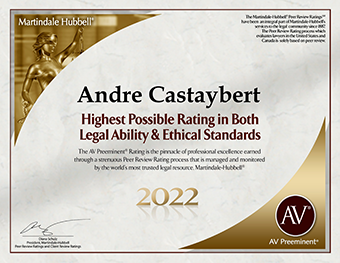UPDATE:
May 6, 2022
Judge Jed Rakoff of the US District Court in Manhattan issued a decision this week rejecting Mason Rothschild’s motion to dismiss the Herès Paris complaint about trademark infringement of their Birkin handbag. A full opinion with the Judge’s reasoning is pending, outlining why Rothschild’s non-fungible token (NFT), Meta Birkin, is an infringement of the luxury brand’s famed purse, with a retail price starting at $10,145 for the base model. We will continue to follow this case for updates on the impact NFTs have on trademark law.
January 25, 2022
Hermès International and Hermès of Paris filed a complaint in the Southern District of New York on January 14th against Mason Rothschild for trademark infringement of the fashion house’s famed Birkin handbag. Rothschild is the creator of MetaBirkin, a collection of non-fungible tokens (NFTs) featuring renditions of the Birkin bag covered in colorful fur for sale over various blockchain sites. The MetaBirkin enterprise seems to have sprung from Rothschild’s collaboration with Eric Ramirez, Baby Birkin, an NFT one-off depicting what looked like a transparent Birkin bag with a suspended human fetus inside it. That NFT was sold for the equivalent of $23,500.00 USD in blockchain currency.
The new collection of NFTs was made available to the public on December 2, 2021 and consists of 100 tokens. The first NFT of the MetaBirkin collection to sell went for a whopping $42,000.00 through the blockchain platform, OpenSea. When Hermès flagged the sale as an outright trademark infringement and dilution of its Birkin mark, OpenSea sided with the fashion house and removed MetaBirkin from its site. Almost immediately, Rothschild’s NFTs were back up for sale on another blockchain platform, Rarible Store.
Mason Rothschild maintains the NFTs are individual works of his own “artistic expression” and went as far as to add a disclosure to his website that the MetaBirkins are in no official way related to the Hermès brand. Blockchain sites selling the NFTs do not carry the same message. The luxury brand views Rothschild’s disclosure as a transparent and unsuccessful ploy to shield himself from a monumental trademark infringement litigation after being spooked from their cease and desist letter. Hermès also argues the disclosure’s mention of their name a total of three separate times and link to their website furthers the confusion over the relationship between Hermès’s Birkin and MetaBirkin.
Hermès views Rothschild’s use of their mark as a “get rich quick” scheme that is prohibiting the brand’s own exploitation of their existing trademarks in the new digital commodities marketplace. The complaint requests monetary damages, including any profits earned by Rothschild from sales, and injunctive relief barring further use of Hermès trademarks, transfer of the metabirkins.com domain, and delivery of any remaining unauthorized products or advertisements for immediate destruction by the company.
This case presents unexplored areas of the fast-growing digital commodities marketplace and is sure to raise questions about novel facets of intellectual property and trademark issues.
To read the full complaint filed in the SDNY, click here.
To read The Fashion Law’s article about the complaint, click here.
To read the Reuter’s article about Judge Jed Rakoff’s decision allowing the complaint to proceed, click here.
To read how André Castaybert PLLC can assist you in trademark and intellectual property litigation, click here.







